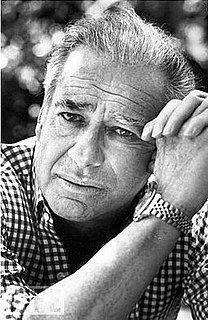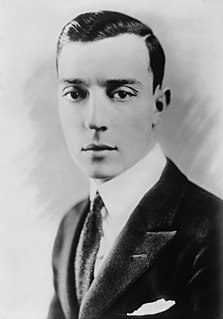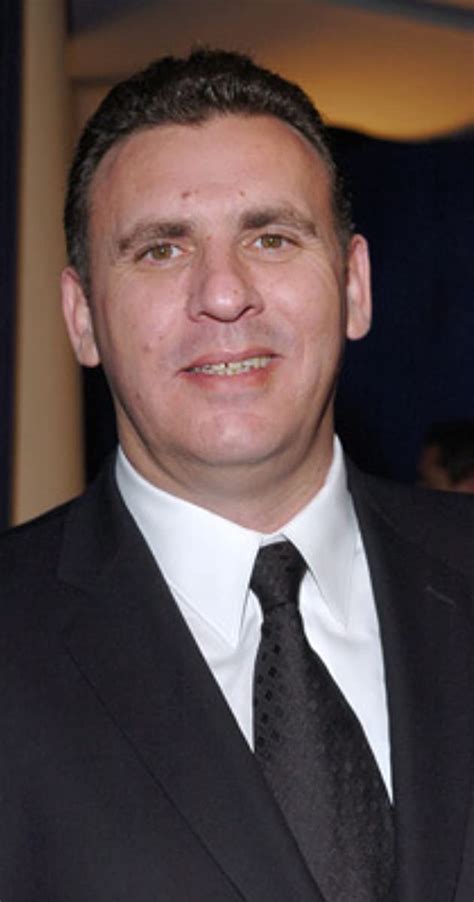A Quote by Ben Affleck
I've consciously taken on material that's a bit too much for me but not an overreach. The first movie, just about performances. 'The Town,' I learned how to work broader material, develop tension, direct bigger scenes, action sequences. 'Argo,' I experimented with film stock, widened the scope of my geography.
Related Quotes
Improvisation in general is good, and improvising material into themes, turning the material into something codified and repeatable, taught me scenic structure and dramatic gambits that work and things that are appealing both as a performer and an audience member, like you know, what does "want" really mean in a scene, and how do you achieve your want, and how is that expressed, and how do you achieve closure? Those are all things that I learned performing at the cabaret after just doing the same scenes over and over and over again over the years, with my own ability to change.
You know how hard it's been to write material? Because to do stand-up comedy, it takes time for the material to develop. So you'll come up with a joke, you'll tweak it, you'll work it for six months, you really fine tune it, and now you've got a good bit. Well, with Trump, every day there's something new coming out.
The reasons you have for doing a movie will vary with the way your life is going. There was a time when a made a some movies because I felt I needed to work. And I didn't think about the material as much. But sometimes I've thought about the material a lot and thought I was doing the right thing, and it didn't work out.
The first thing I did in the studio was to want to tear that camera to pieces. I had to know how that film got into the cutting room, what you did to it in there, how you projected it, how you finally got the picture together, how you made things match. The technical part of pictures is what interested me. Material was the last thing in the world I thought about. You only had to turn me loose on the set and I`d have material in two minutes, because I`d been doing it all my life.
It [moviemaking] is not really done on a yearly basis. It's about how the material, and when the material comes in. If you develop your material and the script comes in great and you can attach a director and a cast and go off and make it, then I could make, I don't know, six [movies] a year. Or I could make one. It really depends.
Simply, if you're working with good material, then it's right there, and you don't have to try so hard as an actor; you don't have to do so much. Just let the material sit inside you and let it come out. Just say the words. That was the main thing that I learned from doing Aaron Sorkin's work - say the words, and everything else will happen.
I was very inspired by Les Blank's film 'Burden of Dreams.' I think what's unique about his film and the two I've made is that they're close examinations of filmmakers and how their own emotional experiences reflect in the material they're rendering, and vice versa - how that material sometimes colors their own lives.
The difference between this film [Your highness] and Pineapple Express was pretty much in the logistics of the technical ambition of the movie, and the size and scope of the movie. Pineapple Express was a great success, and that was something that we wanted to capitalize on, but we wanted this movie to be bigger, more adventuresome, bring a bigger audience to the movie, and challenge ourselves to do something new.




































